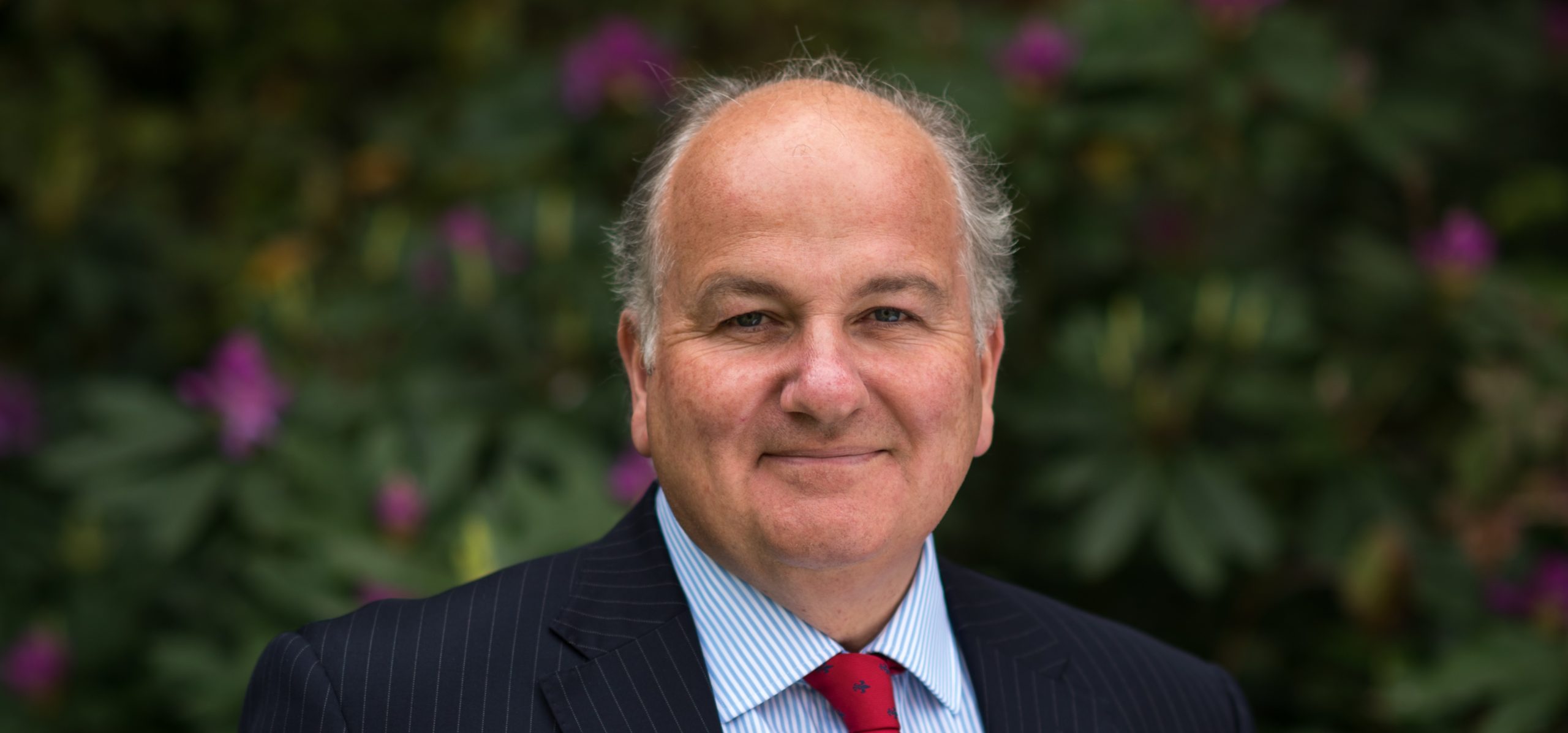The quick answer
If your charity is insolvent the duties of Trustees changes. Instead of being there to promote the success of the charity the Trustees duty is to minimise the loss to all creditors. The risk is if you keep going and the finances get worse the Trustees could potentially be liable for the losses to creditors. That’s not a nice position to be in especially if you are unpaid volunteer.
Step One - Access the Finances
The first task is you need to find out if your charity is insolvent and hopefully you have up to date annual and monthly accounts.
There are two definitions of insolvency and if you fail either one (or both) you are insolvent as a charity. The two tests for insolvency are:
- The balance sheet test – can all the charity assets pay off all the liabilities including closure costs like redundancy?
- The trading test – can the charity pay its liabilities on time as they fall due?
If the answer is yes to either of these above tests then you should call a Trustees meeting and take insolvency advice on the charity’s options. For example if you can trade out of the position or can obtain new funding it may be okay to keep going. Keep a record of any Trustee meetings and why you made decisions.
You may also be in the position of solvent now but making losses with the knowledge that you will become insolvent. This can be common for a charity that loses a major grant or income stream.
Step Two - Act Now
You need to get some independent professional advice. We can help you and have dealt with a wide range of charities. We can give you that advice at a first meeting or by telephone or Zoom/Teams.
If the conclusion is you are insolvent, and it is getting worse our likely recommendation is that you should stop trading and put the charity into liquidation. Liquidation will bring the charity to an end and allow employees to make claims from the Government Redundancy Payments Service.
It maybe that you have enough funds to cover all costs to close including any redundancy costs. In that case we can still help you close the charity using a Members’ Voluntary Liquidation. We can take control for you and deal with making staff redundant, dealing with landlords including dilapidations and keeping or storing accounting and personal client records. In a solvent closure (where everyone gets paid) you can nominate where the balance of duns should go – usually to a charity with similar objectives.
If the conclusion is you should carry on, then you can do so knowing you have a defence if someone later accuses you or the other Trustees of acting improperly.
Some common issues and questions for charities facing financial difficulties
- Employees If the charity goes into insolvent liquidation the employees can claim their arrears of pay, notice pay, redundancy and pay in lieu of notice from the Government. The charity does not have to find this money.
- Designated funds Charities often have separate designated funds for projects. In insolvency these will usually get mixed into the other assets unless they have been kept separately in a trust. Creditors can usually make a claim on these designated funds.
- Preferences When a charity is insolvent you cannot decide to pay some creditors above others (even for example if they are local suppliers). All creditors must be treated equally whomever they are. Any payments made as a preference can be reversed under the Insolvency Act.
- Property If the charity owns a freehold but does not have enough cash to pay all liabilities or creditors as they fall due it is still insolvent. If you as Trustees do not deal with this swiftly a creditor can force the charity into Compulsory Liquidation.
Step three - cONTACT US IF YOU NEED ADVICE OR WOULD LIKE TO MEET
Please do call or contact me by email. I don’t mind answering any questions you have for free. You only have to pay us once you agree a plan and we agree to act for you. All advice is confidential of course.
We cover all of England and Wales.




